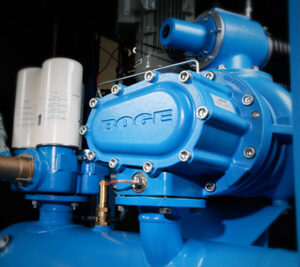
- 715 Corporate Center Ct Suite A, Westminster, MD 21157
- help@compressormaintenance.com
- 410-876-5141
- Available 24/7 for Emergencies
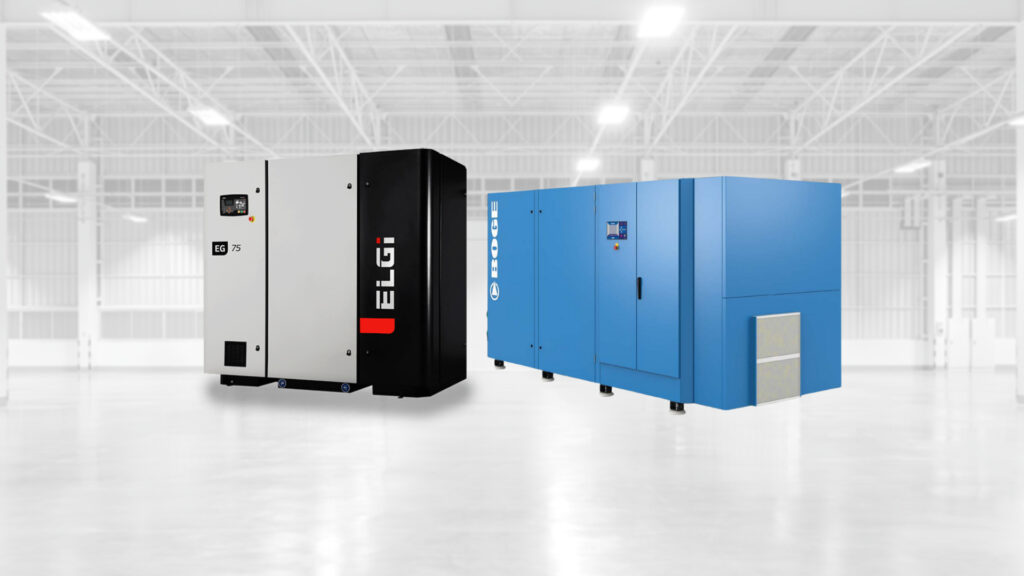
Selecting a new industrial air compressor involves a thorough understanding of several key factors to ensure the unit you choose meets the specific needs of your operation. This guide delves into the critical aspects to consider, providing you with the information needed to make an informed decision.
Air compressors are generally categorized into two main types: dynamic and positive displacement.
Dynamic Compressors:
Positive Displacement Compressors:
Choosing between a fixed speed or variable speed drive (VSD) compressor depends on your operational patterns and energy efficiency needs.
A robust cooling system is essential to maintain optimal operating temperatures and extend the life of the compressor.
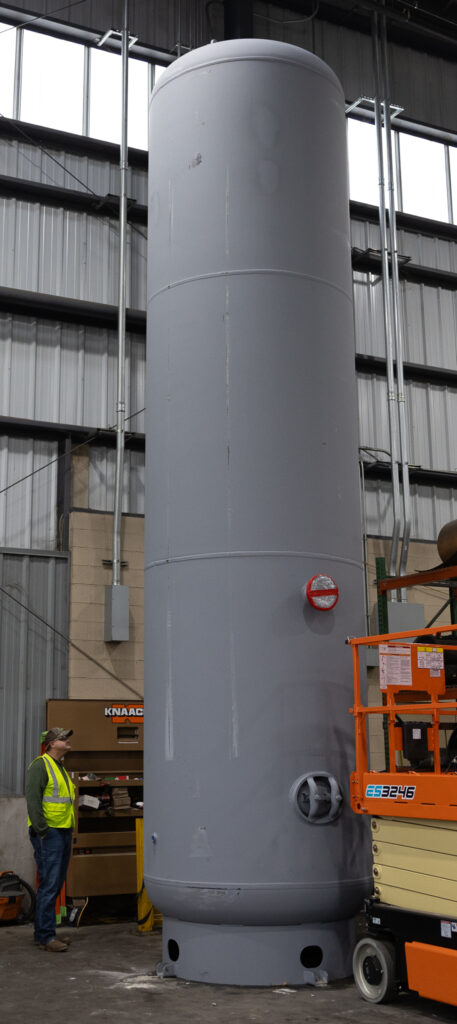
Understanding the required pressure, capacity, and flow rate is crucial when selecting an air compressor.
Storage plays an integral role in any air system. Tanks help balance the supply of air from the compressor with the demand of the system. Typically, 3 to 5 gallons per CFM is recommended, with up to 10 gallons per CFM depending on pressure differential. Without a pressure differential, no effective energy is stored, and the tank functions similarly to the distribution piping. Properly sizing the storage tank plays a crucial role in optimizing energy efficiency.
Your decision on the type of compressor, dryer, and filtration will depend on the quality requirements of general air used in the facility or a specific application. Refer to the ISO 8573.1 compressed air quality standard to identify what your facility requires.
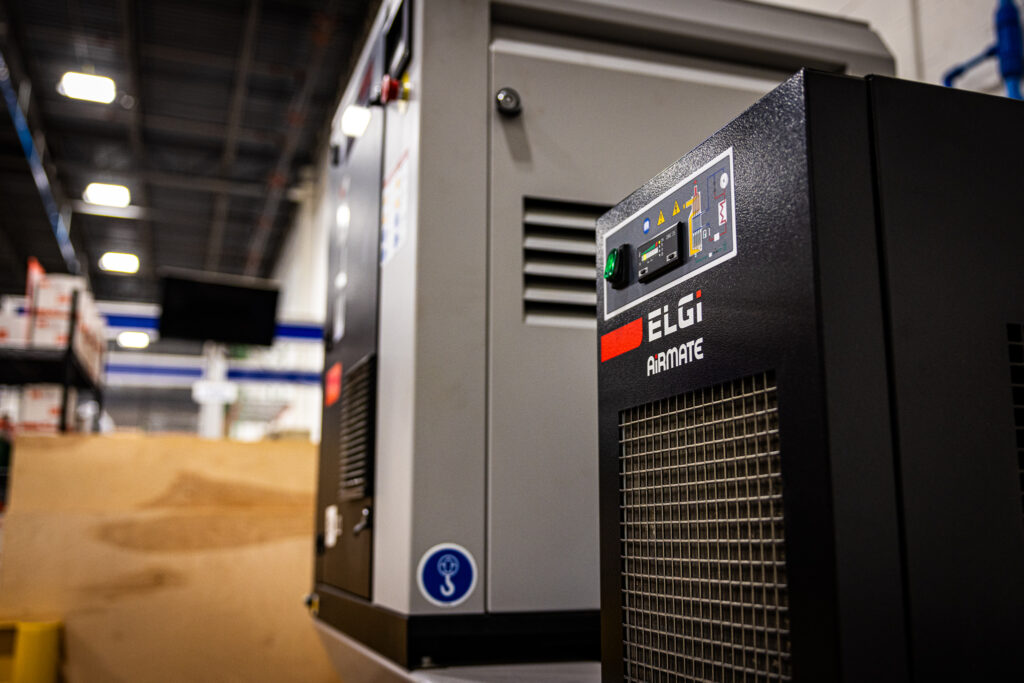
By carefully evaluating these factors, you can select an industrial air compressor that meets your facility’s needs, enhances operational efficiency, and offers long-term reliability. For more detailed information and assistance in choosing the right compressor, contact us today.

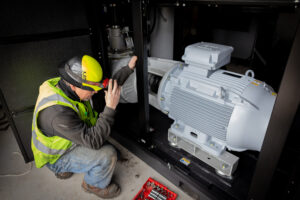




We’re looking forward to working with you. Whether you have questions about products or services, our team is ready to help.